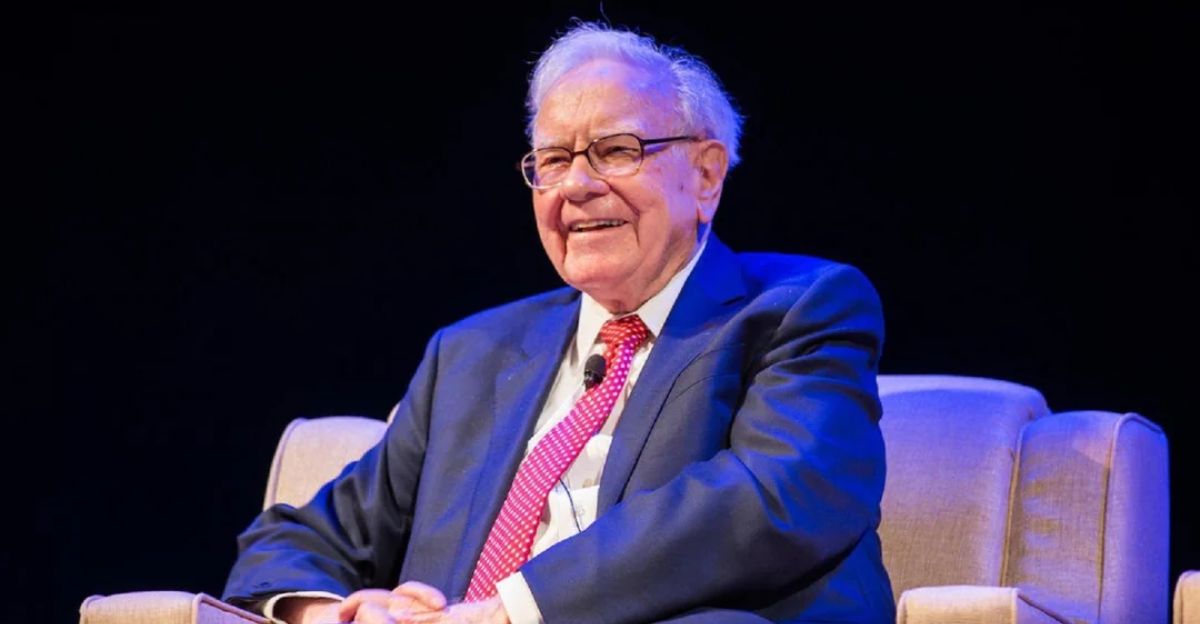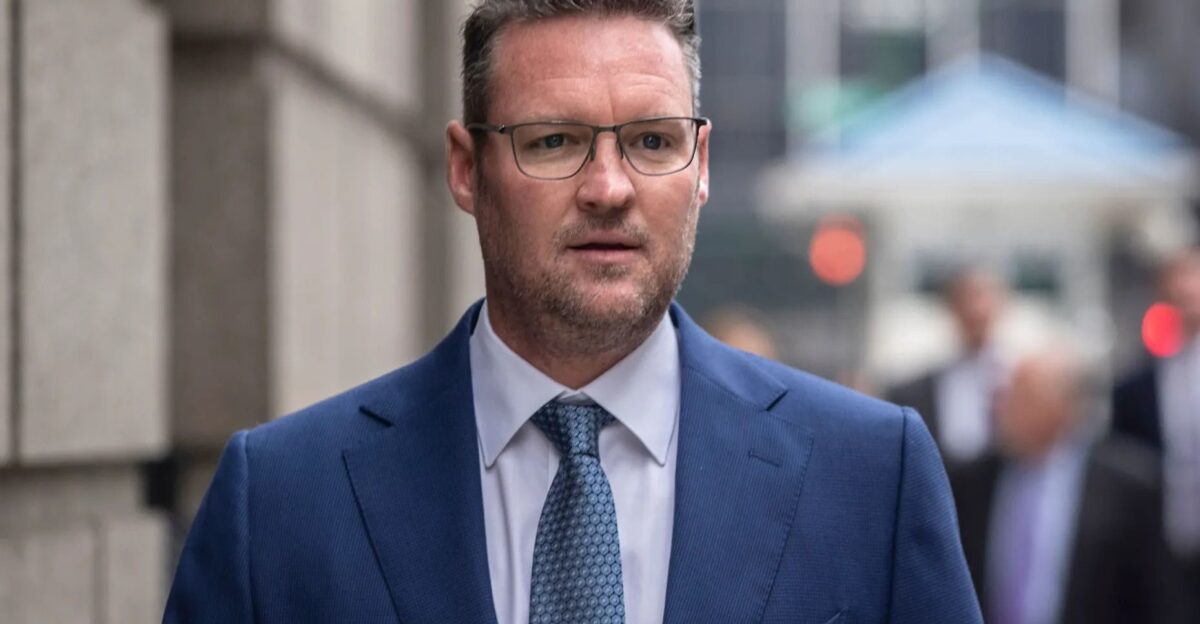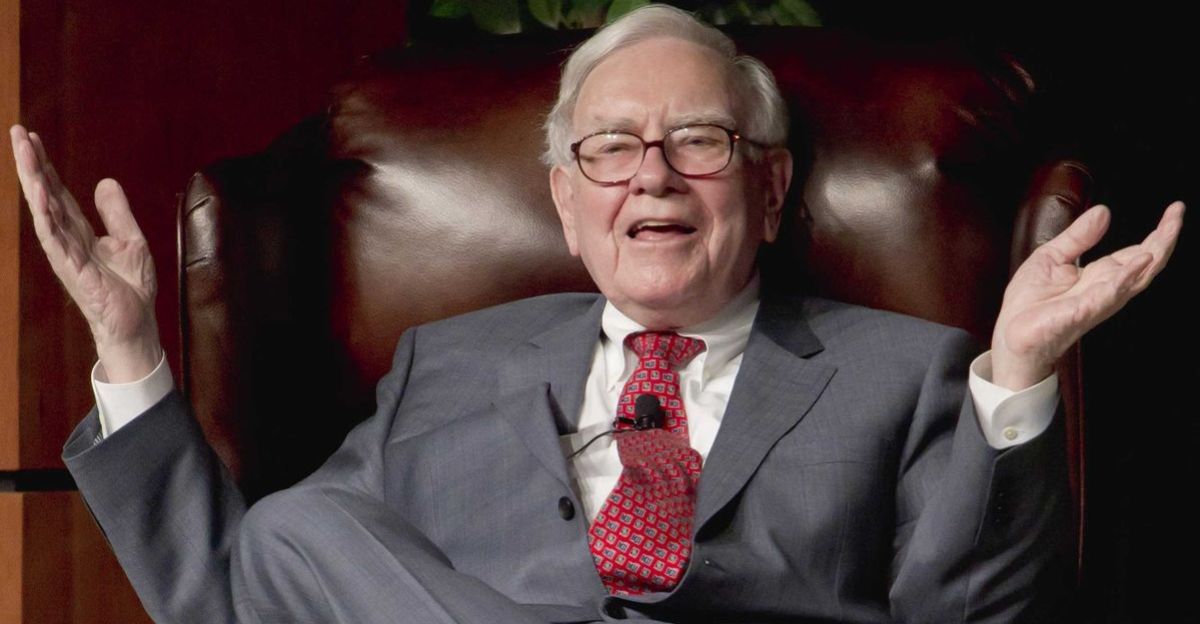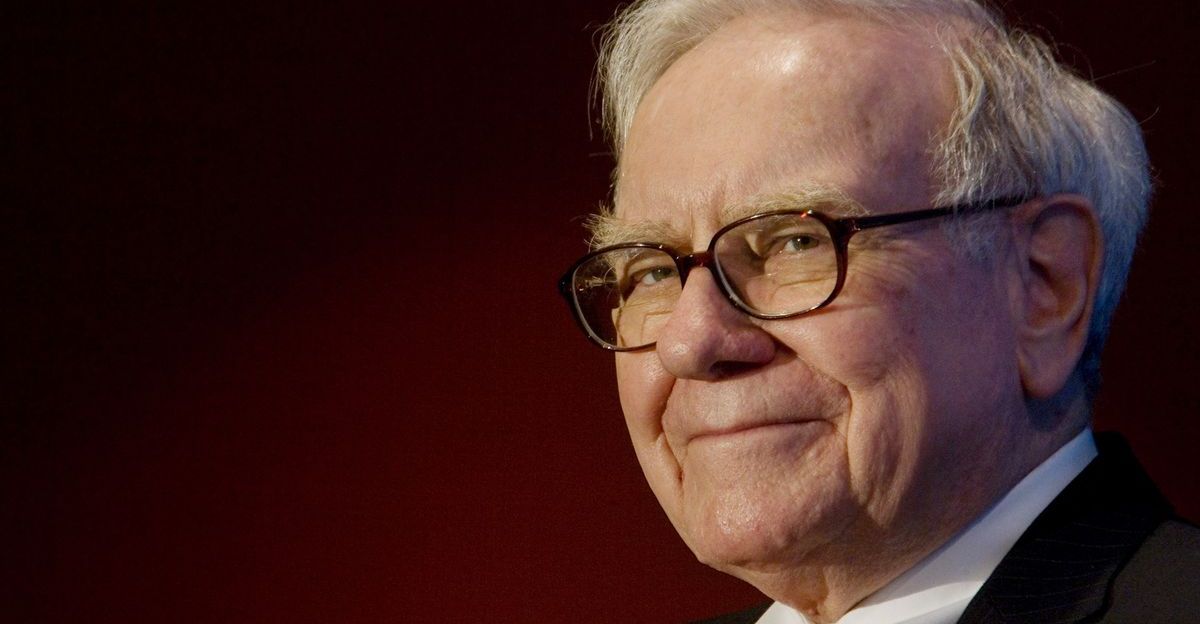
Warren Buffett, the Oracle of Omaha, would rather hire someone “dumb and lazy” than brilliant and dishonest. This surprising approach helped grow Berkshire Hathaway to $1.03 trillion in value.
Corporate scandals like Theranos and Wells Fargo show how dishonesty destroys trust and value. Buffett’s three-trait formula puts moral backbone before raw skill, according to Inc. magazine. Understanding why this works can change the way companies build their teams.
How Buffett Learned the Power of Character

Buffett didn’t just read about this idea; he has lived it. As CEO of Berkshire Hathaway since 1970, he has valued character over credentials for more than five decades.
His approach grew from watching smart, driven leaders without integrity ruin companies. This thinking became part of the foundation behind his investment track record and Berkshire’s long-term stability.
The Three Traits That Matter Most

Buffett’s hiring model centers on three traits: intelligence, energy, and integrity, according to 323Works. Intelligence means problem-solving ability. Energy means motivation and drive. Integrity means honesty and ethical behavior.
He ranks these traits in order of importance, with integrity first. Intelligence and energy help solve problems and drive progress. But without integrity, those same abilities can cause serious harm, turning skills meant for success into tools for damaging a company’s reputation.
When Talent and Drive Turn Dangerous

Elizabeth Holmes showed why Buffett’s warning matters. She had both brains and drive, raising $700 million for Theranos. But according to ABC News, her lack of integrity led to criminal fraud charges and an 11-year, 3-month prison sentence.
HonestIValues research says 75% of employers have caught lies on resumes. Corporate scandals cost billions every year. People with talent and drive but no moral grounding don’t just fail; they destroy trust, money, and sometimes entire industries.
What Integrity Really Looks Like at Work

Integrity means living out your values, even when no one is watching. It shows up as honesty, accountability for mistakes, transparency in decisions, and moral courage under pressure.
Research from DeBoer Fellowship says integrity can’t be trained into someone. It’s either part of who they are or it isn’t. That makes it the most important filter in hiring, because without it, even strong skills can lead to costly mistakes.
The Simple Test Buffett Gives Students

Buffett often asks students which classmate they’d want 10% of lifetime earnings from. They rarely choose the smartest or most energetic. Instead, they choose kind, generous, honest people.
The lesson is simple: people naturally trust character over pure capability. People with integrity set the tone for teams, influence others, and become cultural anchors. In the workplace, trust often becomes the ultimate competitive edge.
Smart Without Ethics Can Wreck Everything

Intelligence can amplify good, or bad, intentions. Enron’s leaders were highly intelligent, creating complex trading strategies that wowed Wall Street.
But without ethics, their brilliance fueled one of history’s largest corporate collapses. PreEmployment Assessments warns that intelligent employees without integrity can design fraud schemes less capable people wouldn’t even imagine. In other words, smart people with the wrong values can be your company’s most dangerous threat.
Energy Without Morals Moves Faster Toward Trouble

High energy speeds up everything, including mistakes. Trevor Milton, founder of Nikola, had a relentless drive and convinced investors of breakthrough battery technology. He misled them and is now serving four years in prison.
Ethisphere notes that energetic employees without moral direction can become “fast-moving thieves,” causing maximum harm quickly. Drive without direction turns into destruction, which is why Buffett sees integrity as the only safe foundation for motivation.
Why Buffett Prefers ‘Dumb and Lazy’ Over Dishonest

Buffett’s joke about preferring “dumb and lazy” employees over dishonest, capable ones is not about celebrating laziness. The point is that someone with little ability can only cause limited damage.
Brilliant, driven people without integrity can destroy entire organizations. This counterintuitive logic is why Buffett advises assessing character before capability. Skills matter, but without values, they can become dangerous. The wrong hire at the wrong time can undo decades of progress.
How to Spot Integrity in Interviews

Traditional interviews often miss integrity because they focus on hypotheticals. Behavioral interviewing, according to HR Daily Advisor, reveals character through real-life past actions.
Instead of asking “What would you do if…?”, skilled interviewers ask “Tell me about a time when…”. Kansas Department of Corrections research shows this method is 55% predictive of future performance, compared to only 10% for traditional interviews. Asking for proof through examples makes it harder to fake good answers.
Questions That Uncover Real Values (Part I)

Strong integrity questions include: “Tell me about a time you experienced loss for doing what’s right” and “Describe when your trustworthiness was challenged.”
Interviewers can also ask, “Share an example of solving a problem that tested your ethics” or “What happened the last time you broke rules?” The goal is to see how people act under pressure, not just how they say they would behave. Past behavior often predicts the future.
Questions That Uncover Real Values (Part II)

Other revealing questions include: “What would you do if you suspected a coworker of theft?” and “Would you tell a white lie to help the company?”
Asking about times they witnessed bad workplace behavior or how they rebuilt trust after losing it can be equally telling. These questions test boundaries and help employers understand if a candidate’s ethics will hold up when real challenges appear.
Why Scoring Integrity Works Better Than Guessing

Integrity assessments work best with structured scorecards and panels of interviewers. Diverse perspectives and clear rating criteria reduce bias.
A 2022 Academic Pediatrics study found that structured interviews with scoring rubrics lowered racial differences in evaluations compared to traditional methods. Only candidates showing consistent ethics across different scenarios should move forward. Objective scoring protects against emotional hiring decisions that might overlook red flags.
Reference Checks Should Go Beyond Job Titles

Most reference checks confirm dates and job titles. Integrity-focused checks ask, “How did this person handle ethical dilemmas?” and “Would you trust them with sensitive information?”
According to Managed Integrity Evaluation’s 2024 index of 3.2 million screenings, 7.15% of criminal checks show undisclosed issues, and 6.59% of qualification checks contain discrepancies. Supervisors often hold critical insights about a person’s behavior that never appear on a resume.
Keeping Integrity Alive After Hiring

Hiring for integrity is just the start. Companies need to keep reinforcing ethical behavior. Recognizing and rewarding employees who choose the right path, even at a cost, builds a stronger culture.
Training leaders to model integrity in daily decisions sets an example for the whole organization. Consistency over time ensures the hiring decision becomes part of the company’s DNA, not just a good idea on paper.
Why Integrity Shapes an Entire Culture

Hiring for integrity shapes an organization’s identity. Ethisphere’s 2025 Ethics Premium report found that the World’s Most Ethical Companies outperformed a comparable index by 7.8% over five years.
Harvard Business Review research found ethical leadership boosts employee commitment by 55%. Integrity attracts better talent, keeps customers loyal, and builds value through trust. This long-term advantage is something even the most innovative products can’t replace.
What Happens When Companies Ignore Integrity

The cost of ignoring integrity is steep. Wells Fargo’s fake accounts led to $3 billion in fines and an 11% stock drop. Theranos’s fraud collapsed its $9 billion valuation and sent its CEO to prison.
Boeing’s 737 MAX 8 safety failures killed 346 people and led to a $2.5 billion settlement. SurveySparrow reports nearly 60% of companies hit by major reputation crises never fully recover. A single bad hire can start a chain reaction that wrecks everything.
The Power of Mixing All Three Traits

The best hires have intelligence, energy, and integrity working together. With all three, people solve problems, act with speed, and make ethical decisions.
Integrity anchors the other two traits so they work for good. When character comes first, skills and drive can reach their full potential without putting the company at risk. Buffett’s framework keeps all three in balance.
A Challenge for Every Leader

Buffett’s advice challenges leaders to rethink hiring. Next time you interview someone, ask yourself, “Can I trust them when no one’s watching?”
Making integrity your first filter might feel slower, but it saves time, money, and headaches in the long run. The best teams are built on trust, and once that’s gone, it’s almost impossible to rebuild.
Buffett’s Timeless Rule for Hiring Success

Buffett sums it up simply: “If you don’t have integrity, the other two will kill you.”
This wisdom is even more important in today’s fast-moving business world. Companies that put character first win trust, keep talent, and build lasting value. Hire for integrity before anything else, and everything else will have a solid foundation to grow on.